IAEA chief condemns Ukraine's drone strike on Russian-held nuclear power plant
The head of the UN nuclear agency has denounced the drone strike that hit the Russian-controlled Zaporizhzhia nuclear power plant (ZNPP), warning that such attacks “significantly increase the risk of a major nuclear accident.”
Rafael Grossi said in a series of posts on X on Sunday that the IAEA’s Support and Assistance Mission to Zaporizhzhia (ISAMZ) “confirmed that at least 3 direct hits against ZNPP main reactor containment structures took place.”
“This cannot happen,” the director general of the agency said, noting that it was the first such attack since November 2022, when he set out five basic principles to avoid a serious nuclear accident with radiological consequences.
He urged military decision-makers to “abstain from any action violating the basic principles that protect nuclear facilities.”
“No one can conceivably benefit or get any military or political advantage from attacks against nuclear facilities,” Grossi stressed. “This is a no go.”
Russian officials at the plant said the site was hit on Sunday by Ukrainian military drones, including a strike on the dome of the plant’s sixth power unit.
According to Russian state-owned nuclear agency Rosatom, three people were injured in the “unprecedented series of drone attacks”, specifically when a drone hit an area close to the site’s canteen.
Kiev denied that it was behind the attack, with a spokesperson for Ukraine’s intelligence agency saying “Russian strikes, including imitation ones, on the territory of the Ukrainian nuclear power plant ... have long been a well-known criminal practice of the invaders.”
Russian forces seized the facility in southern Ukraine soon after Moscow launched its “special military operation” in Ukraine in 2022. Ever since, the plant, Europe’s largest, has come under attack at times.
The IAEA has repeatedly expressed alarm about the nuclear power plant, which is still close to the front lines, amid fears of a potential nuclear catastrophe.
All of the six reactors of the plant have been shut down for months, but it still needs power and qualified staff to operate crucial cooling systems and other safety features.
Russia launched what it calls “a special military operation” in Ukraine on February 24, 2022, over the perceived threat of the ex-Soviet republic joining NATO. Since then, the United States and Ukraine’s other allies have sent Kiev tens of billions of dollars’ worth of weapons, including rocket systems, drones, armored vehicles, tanks, and communication systems.
Western countries have also imposed a slew of economic sanctions on Moscow. The Kremlin has said the sanctions and the Western military assistance will only prolong the war.
Iran MPs: Leader’s remarks disrupted enemy’s warlike equations
Over 80 film figures condemn Berlinale for ‘silence’ on Gaza
Trump's son invests in merger of Israeli ‘low cost-per-kill’ drone company
Over 80 countries condemn Israel’s settlement expansions in West Bank
VIDEO | Gaza mothers in Italy recount horrors of Israel's genocide
President underlines Leader’s oversight of nuclear negotiations; rules out ‘talks for talks’ sake’
VIDEO | Iran, Pakistan target $10 billion in bilateral trade by 2028
Tehran summons German envoy over Berlin’s anti-Iranian stances, measures


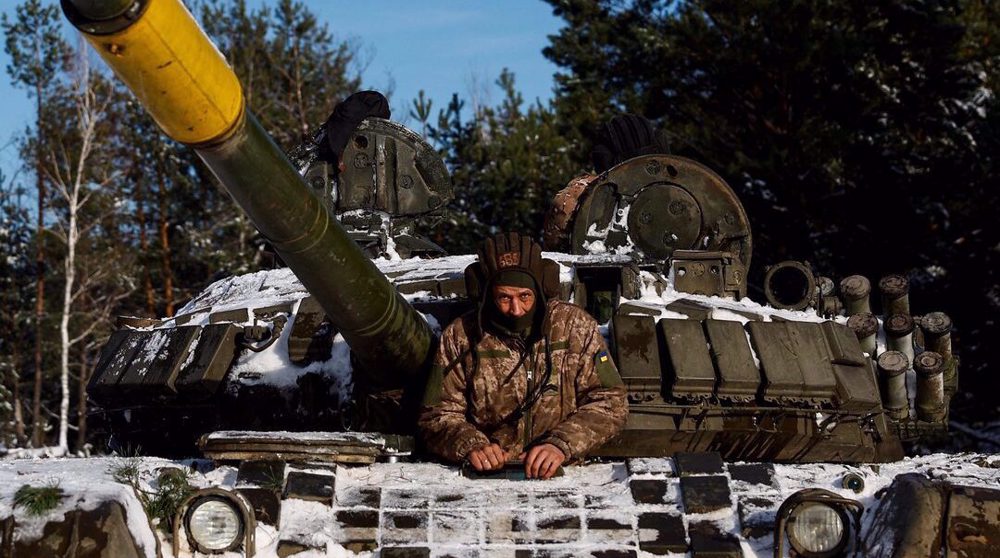
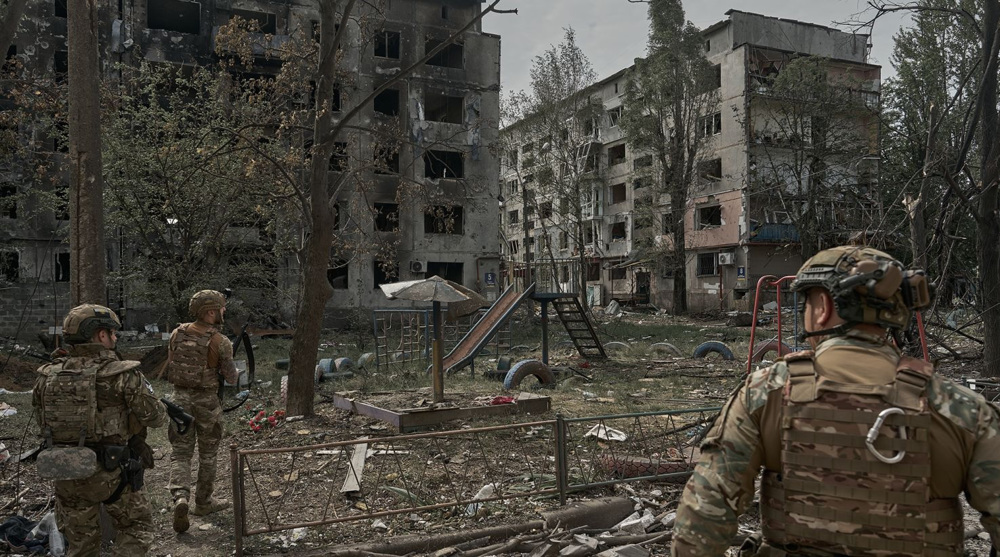
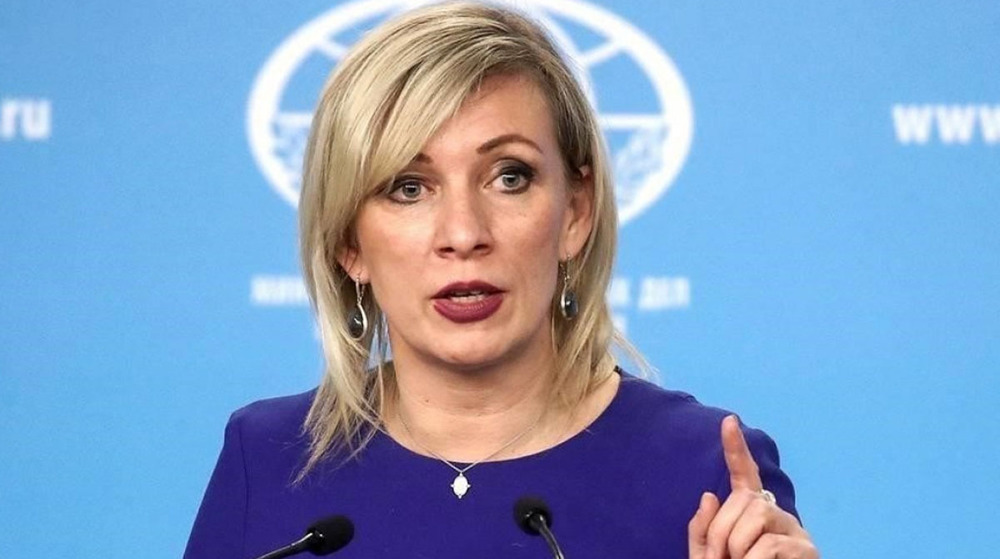
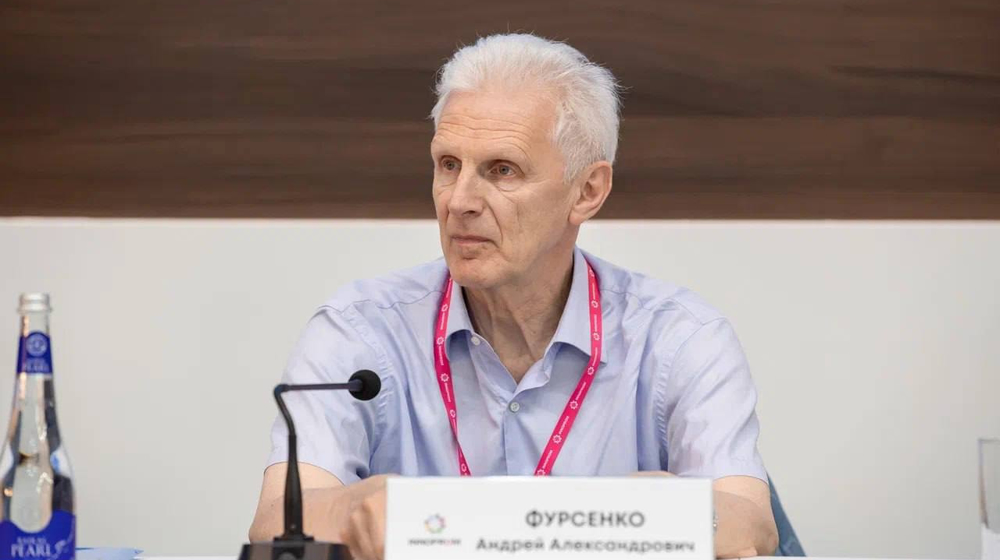



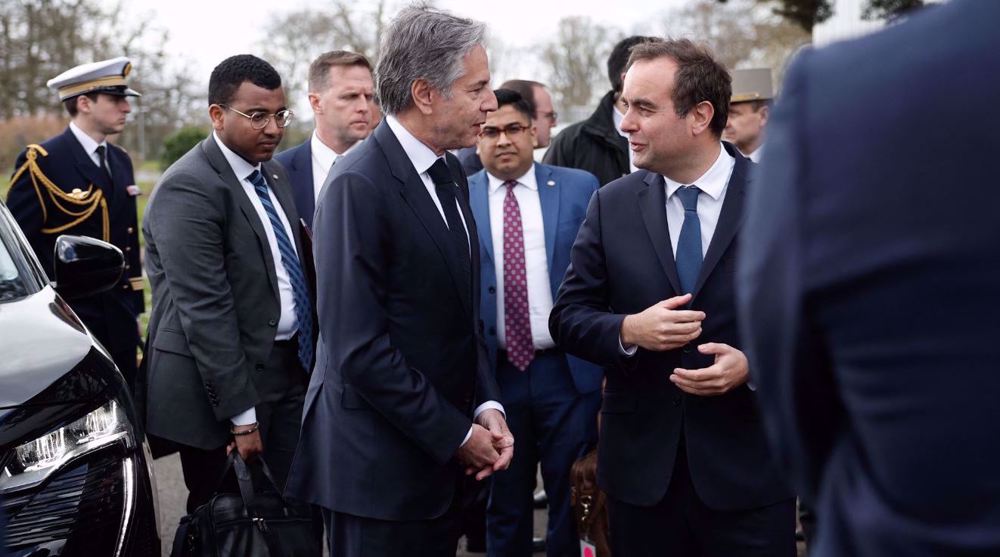
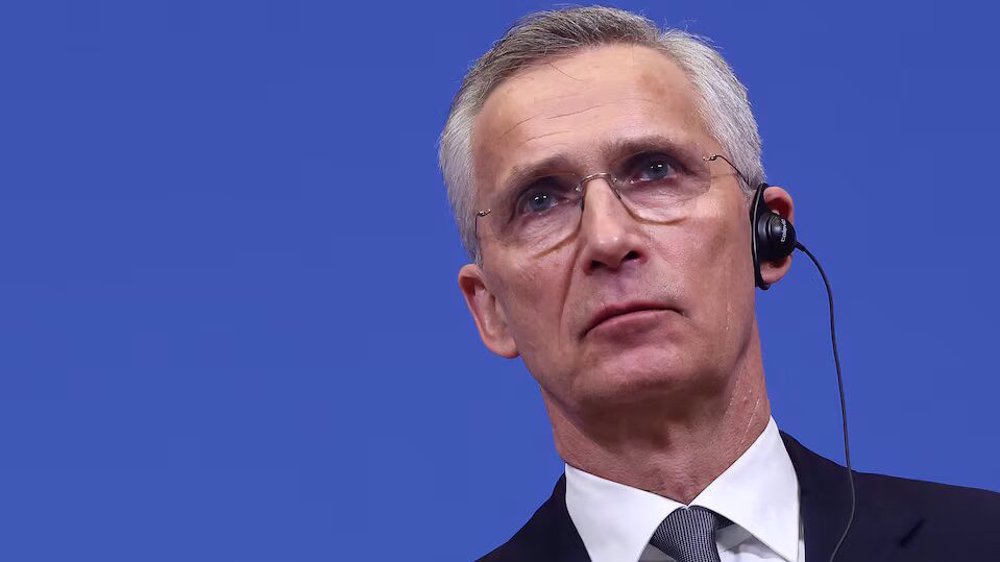

 This makes it easy to access the Press TV website
This makes it easy to access the Press TV website